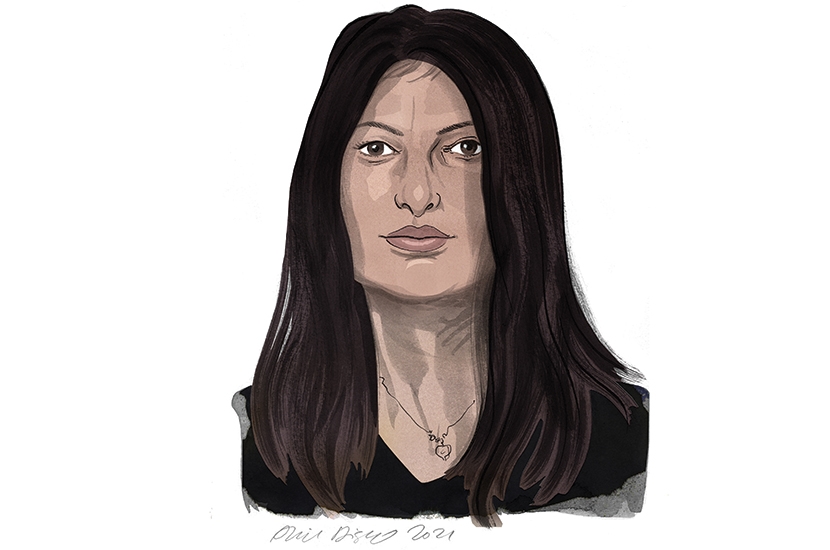Uppsala
Nooshi Dadgostar is Sweden’s new political star. A young, softly spoken politician with Iranian immigrant parents and an unfinished degree in law, she became the leader of the Vansterpartiet (‘Left party’) late last year — taking over from Jonas Sjöstedt, a bleeding-heart version of Jeremy Corbyn who struggled to shake off the party’s communist past. Most of her predecessors have tried but failed to become a central part of the national political conversation. But this week, she succeeded: by taking out the Swedish Prime Minister. If he tinkered with rent controls, she said, she’d topple him with a vote of no confidence.
She was as good as her word. Stefan Löfven is the first Swedish leader in history to lose a confidence vote and he now has two options: to build a new coalition or call another general election.

It’s a problem that speaks to a wider theme: the fragility of the political centre in European politics. Ever since the election in 2018, Löfven’s red-green government has been ruling on shaky grounds. It took four months of coalition talks for him to agree a deal with the two liberal parties, whose demands included reform of rent controls. Covid is not really a political issue in Sweden. The real hot potato is how hard it is to find a place to live, given the price caps imposed on landlords mean few new apartment houses are getting built.
Rent controls, of course, benefit those who already have a rental contract — so the system is forcibly policed by the Union of Tenants, who for a long time have been a wing of the country’s labour movement. As the price of power, Löfven had to agree to take on this union. He also promised to cut taxes for top earners and soften Sweden’s rigid employment laws: two other reforms which most people on the left regard as cardinal sins.







Comments
Join the debate for just £1 a month
Be part of the conversation with other Spectator readers by getting your first three months for £3.
UNLOCK ACCESS Just £1 a monthAlready a subscriber? Log in